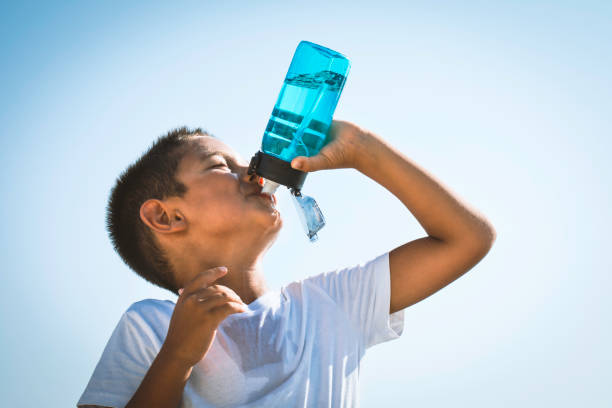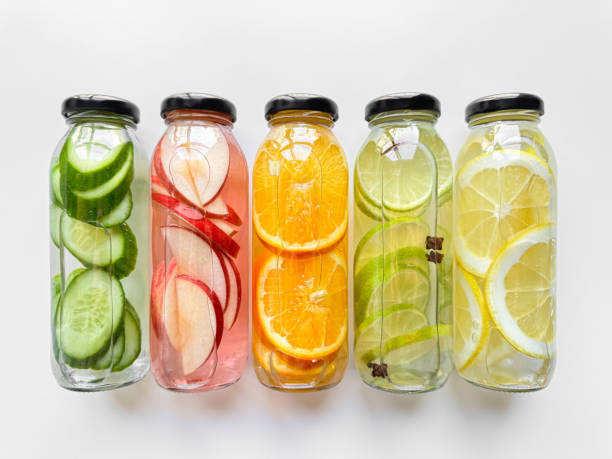Ensuring that your child drinks enough water can sometimes feel like an uphill battle, but it's essential for their overall health and well-being. Proper hydration plays a crucial role in keeping kids energetic, improving their concentration, and supporting their growing bodies. In this article, we'll explore the importance of water intake for children and provide practical tips on how to encourage your child to drink more water.
Why Water is Important for Kids
Water is vital for kids, as it supports a range of essential bodily functions. Here are some key reasons why children need to stay hydrated:
Maintains Energy Levels: Water helps to regulate body temperature and maintain energy levels. Dehydration can lead to fatigue, making kids feel sluggish and tired.

Supports Digestion: Adequate water intake aids in digestion, helping to prevent constipation. It also ensures that nutrients are properly absorbed by the body.

Boosts Concentration and Focus: Proper hydration is linked to better cognitive function. Kids who drink enough water tend to have improved concentration and are more alert during school activities.

Promotes Healthy Skin: Water helps keep the skin hydrated, reducing the risk of dryness and irritation.

Prevents Dehydration: Children are more prone to dehydration than adults, especially when they are active or in hot weather. Dehydration can lead to serious health issues, so it's crucial to encourage regular water intake.

How Much Water Do Kids Need?
The amount of water a child needs can vary depending on their age, weight, and activity level. However, a general guideline is:
Toddlers (1-3 years old): 4-6 cups of water per day
Preschoolers (4-5 years old): 5-7 cups of water per day
School-Age Children (6-12 years old): 7-10 cups of water per day
Teens (13-18 years old): 8-11 cups of water per day
Tips to Encourage Kids to Drink More Water
Make Water Fun: Use colorful, fun water bottles or cups that your child loves. Adding stickers or letting them choose their own bottle can make drinking water more exciting.

Lead by Example: Children often mimic their parents' behavior. If they see you drinking water regularly, they're more likely to do the same.

Set a Routine: Encourage water intake at specific times of the day, such as during meals, after playtime, and before bed.

Infuse with Flavor: Add a splash of natural flavor to water by infusing it with fruits like lemon, strawberries, or cucumber. This can make the water more appealing without adding any sugar.

Create a Water Drinking Chart: Make a fun chart where kids can track their water intake throughout the day. Offer small rewards for reaching daily goals.

Offer Water-Rich Foods: Incorporate water-rich fruits and vegetables into your child's diet, such as watermelon, cucumber, and oranges. These foods can contribute to their overall hydration.

Set a Timer: Use a timer or set reminders on your phone to prompt water breaks throughout the day.
Common Challenges and How to Overcome Them
"I Don't Like the Taste of Water": If your child dislikes the taste of plain water, try offering them a choice between water and naturally flavored water. Avoid sugary drinks, as they can lead to unhealthy habits.
Busy Schedules: It can be easy to forget about hydration during a busy day. Pack a water bottle in your child’s bag and remind them to drink regularly, especially during school and activities.
Resistance to Drinking Water: If your child resists drinking water, start with small, manageable amounts and gradually increase. Praise and encourage them for drinking water without making it feel like a chore
